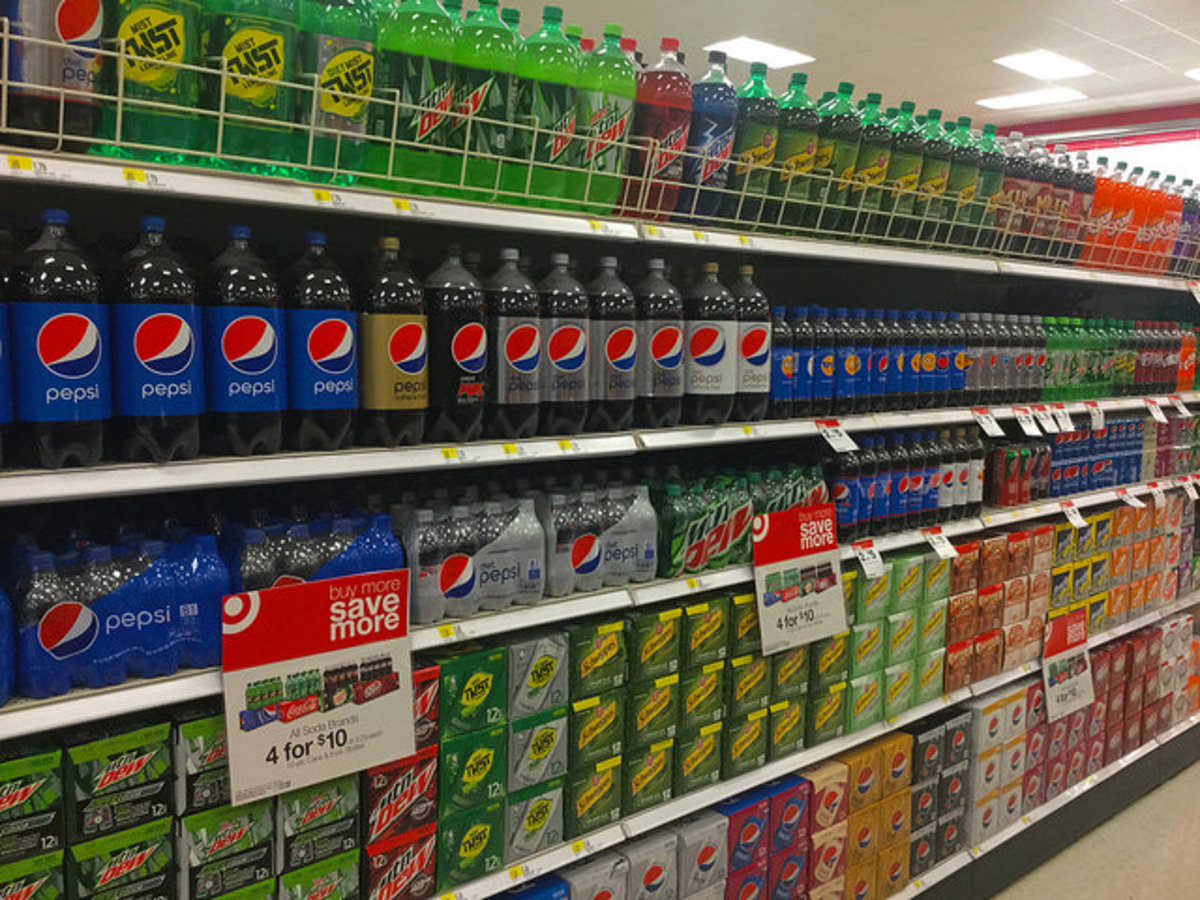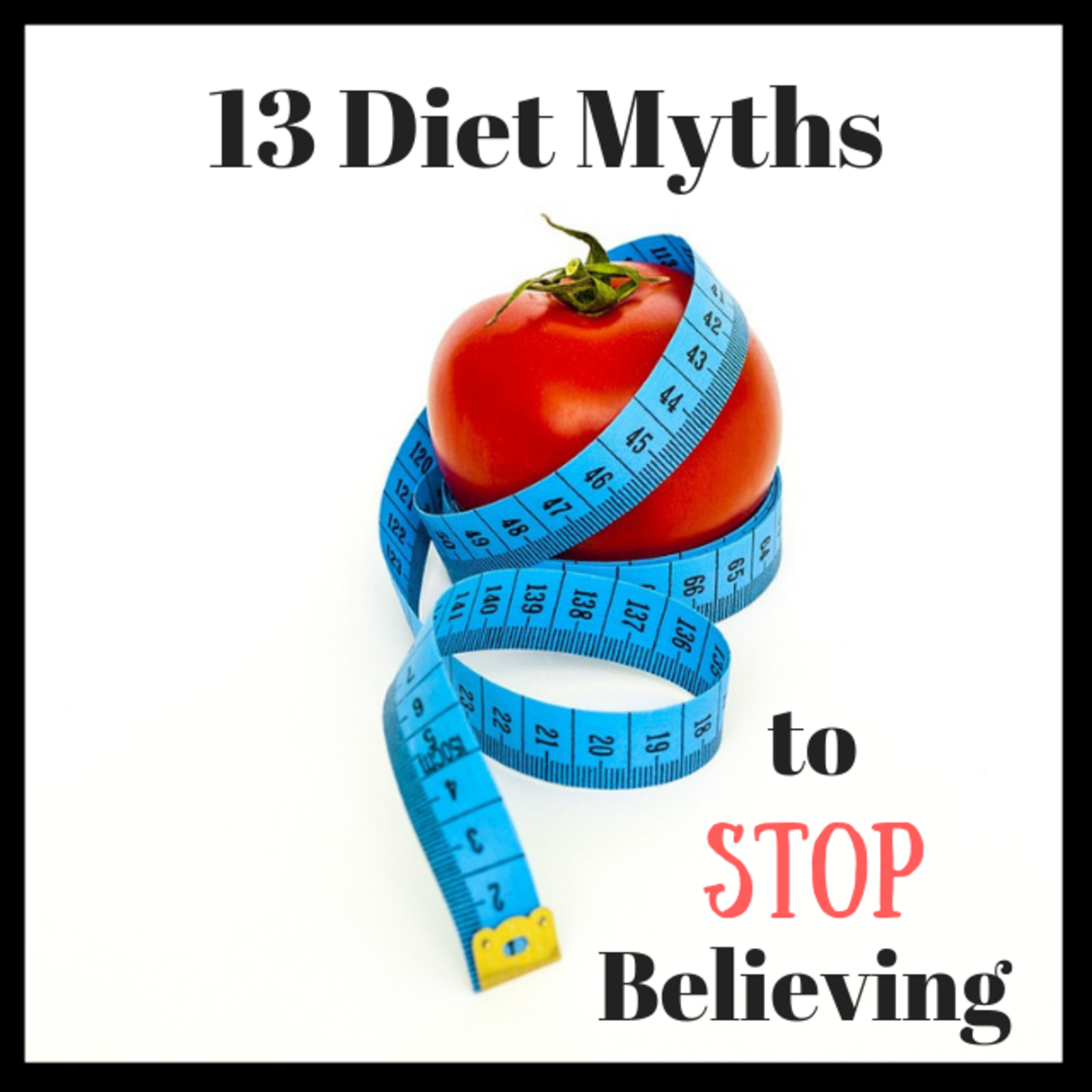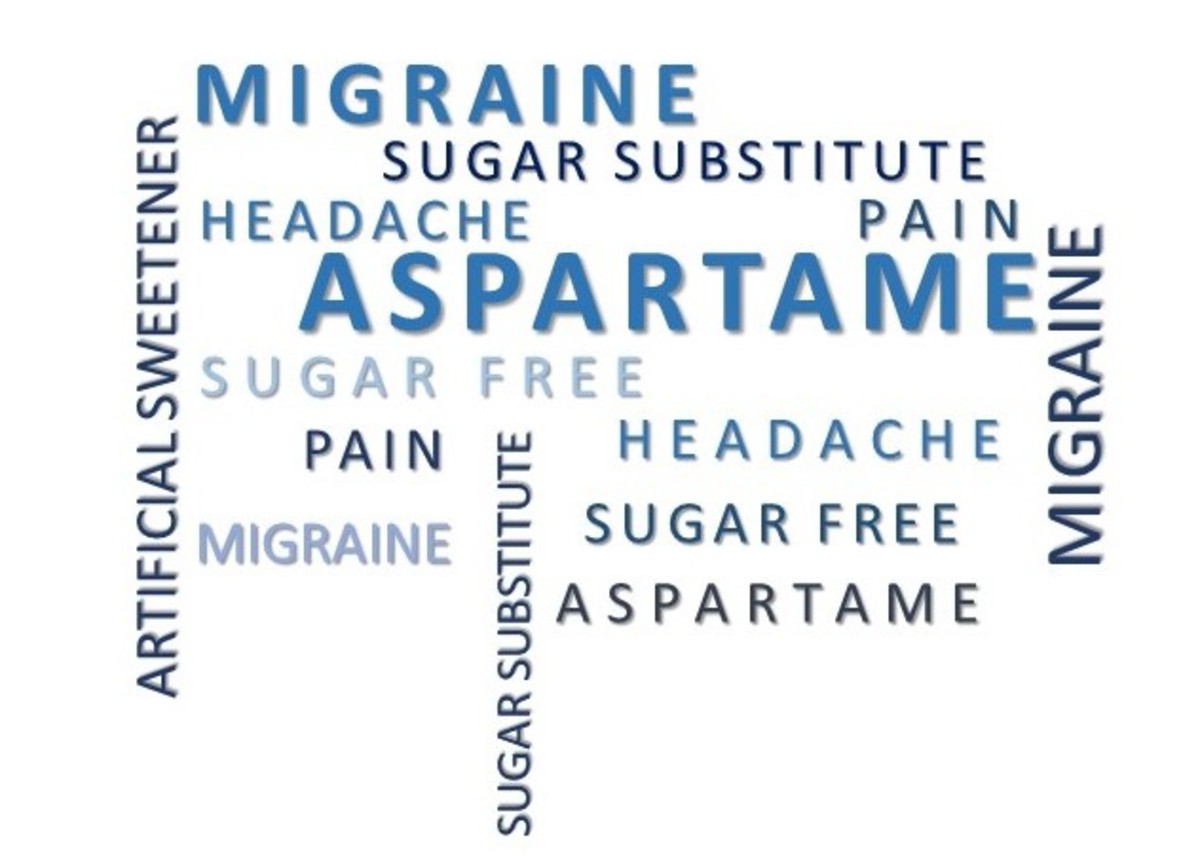10 Food Additives You Should Avoid At All Costs
The Danger of Modern Food
In the modern world, food can be tricky water to navigate. Most people think they are getting pure, healthy food. But many companies use additives to preserve, colorize, or fill food to extend the shelf life and save money. It also makes it easier for companies to package and enhance the look of the food. Preserving food has been a human practice for centuries, usually using salt and drying sheds. In the last hundred years or so, new chemicals have been developed, discovered and used in processing mass amounts of food for public consumption. The average American spends almost 90 percent of their grocery budget on processed food. In the hustle and bustle of modern life, most families have to buy food in bulk and store it for long periods of time. What most people don't know is that many of these processed foods containing the artificial additives can be hazardous to their health. Some of these chemicals can affect your hormone levels, cause cancer, and negatively affect your overall health in many other ways. Some food additives are worse than others. For the sake of preserving your health and well-being, here are the top ten food additives to avoid:
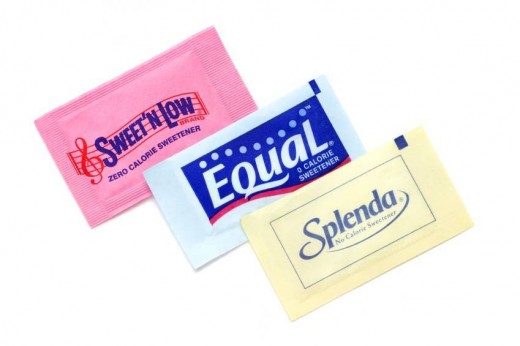
1. Artificial Sweeteners
One of the most popular and widely-used artificial sweetener is Aspartame, which is found in many sugar free foods and coffee sweeteners. It is even added to certain toothpastes, mints and chew-able vitamins. Aspartame is incredibly dangerous and has been known to cause a lot of negative gastrointestinal reactions, which is the mildest of its dangers. It has also been scientifically proven to cause cancer, and actually erode parts of the brain that affect short-term memory and intelligence. It can also cause Parkinsons, MS, fatigue, lymphoma, diabetes, Alzheimer's, fibromyalgia, seizures, anxiety and depression, just to name a few of the health problems.

2. High Fructose Corn Syrup
This artificial sweetener made from corn is one of the most calorie-dense sweeteners in America's food. It is found in almost all processed foods, like candy, salad dressing, bread, cereals, and even canned vegetables. It simultaneously lowers good cholesterol and raises bad cholesterol, as well as raises the risk for weight-related illnesses because of its caloric content. In addition to conditions like diabetes and heart disease, high fructose corn syrup has been linked to cancer and leaky gut syndrome. This paves the way for more autoimmune diseases to affect the body. While it is difficult, this product should be avoided at all costs.
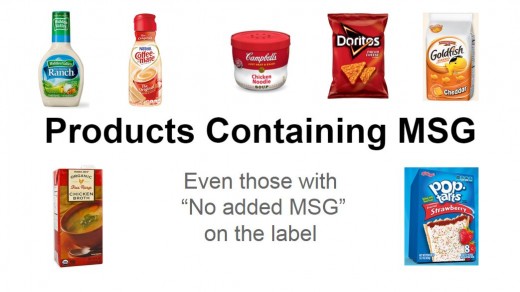
3. Monosodium Glutamate (MSG)
MSG is found in a wide variety of foods, including Chinese food, snacks, chips, frozen foods, lunch meats and many soups. MSG is an excitotoxin, which, as the name states, excites cells in the body to the point that they die. Other effects of MSG include headaches, fatigue, damage to the eyes, disorientation and depression. In addition to these, it affects the neuropathways in the brain. Normally, when you have enough food, the stomach and brain send signals to each other that give you the full feeling that helps you to keep from overeating. MSG stops those signals from being sent, which results in a lot of over-eating and obesity problems.

4. Trans Fat
Trans fat, also known as hydrogenated fat, is one of the top foods you should avoid. It is used to extend the shelf life of many foods and most notoriously found in margarine. Trans fat helps margarine maintain its shape and solid form. It is found in a lot of fried and fast foods everywhere in the American diet. However, it is known to increase bad cholesterol and lower good cholesterol. It also raises the risk of heart problems, inflammation, diabetes, and stroke, as well as other health problems. The issue is so bad that any food higher than 2% in fatty acids is now banned on the Danish market. Every food containing hydrogenated oil is forbidden because of the terrible health consequences.
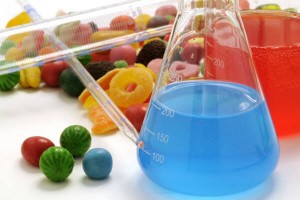
5. Common Food Dyes
Food dyes are commonly found in a surprising amount of food products, including sodas, salad dressings, and fruit juices. They have been known to lower IQ and cause behavioral problems in children, and cancer in animals. Some dyes are worse than others, and these are some of the top offenders: Blue #1 and #2 have been found to cause damage on the chromosomal level and are banned in many countries. Red die #3 and #4 have caused chromosome damage and thyroid cancer in animals, and is still on the market even though it has been banned. Yellow #6 causes adrenal and kidney problems in laboratory studies. Dyes are bad news and should be avoided as much as possible.
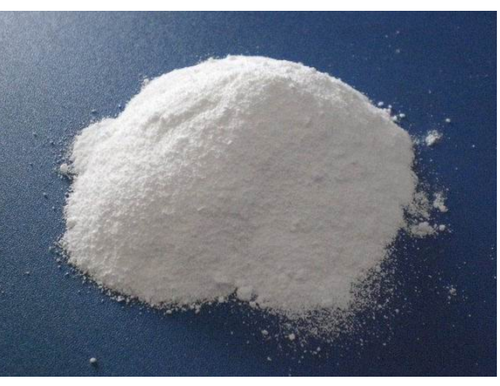
6. Sodium Sulfite
Sodium Sulfite is used in wine-making and dried fruit products. It has been known to irritate the respiratory systems of people with asthma, which means it could also be causing damage to the respiratory systems of people without asthma as well. Those who are affected by sodium sulfite tend to have trouble breathing and headaches. Sodium sulfite has even caused a few deaths by shutting down the airway and resulting in cardiac arrest. Even if it only causes trauma to those with asthma, that is a huge subset of the population that shouldn't be exposed to dangerous chemicals. Food safety is an issue for everyone, not just a select few.
7. Sodium Nitrate
Sodium Nitrate is a color fixative and preservative that is used in countless amounts of processed meat products, including smoked fish, lunch meats, hotdogs, bacon, and a ton of other processed meats. The problem with sodium nitrate is that it is cancerous and uses the bloodstream to do serious damage to the organs, chiefly the liver and pancreas. It is so dangerous, that the American government tried to ban it in the 1970's but were stopped by meat manufacturers because the product was too useful in preserving and brightening old, discolored meat, and they had no alternative that could accomplish the same thing. This kind of willful endangerment is unacceptable and this food should always be avoided.
8. BHA
BHA is a compound in many American foods including gum, cereal, chips and vegetable oil. It is used as a preservative to keep the color in the food and keep it from turning sour. Though it is common, it causes damage to the neuro pathways in the brain, which are used to send signals to other areas of the brain and the rest of the body. It is also scientifically labeled an oxidant, which causes cancer in the body. Instead of eating foods that contain BHA, look for foods that are high in Vitamin E, which will help your health and help the body resist cancer.
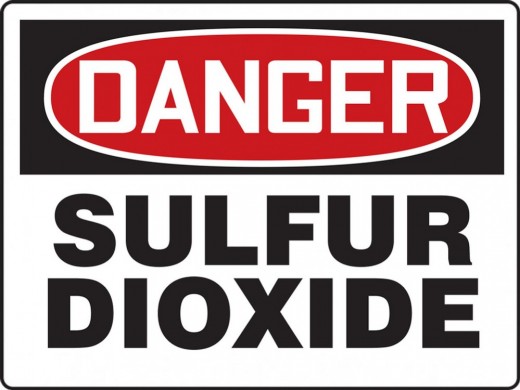
9. Sulfur Dioxide
Sulfur dioxide is exactly as bad as it sounds. It is used in countless processed foods, including beer, sodas, vinegar, juice, and potato products, just to name a few. Despite being in all those foods, the FDA has banned its use on raw fruits and vegetables. On a molecular level, it destroys vitamins B1 and E, which are needed for proper physical function. It is especially dangerous for those with asthma and other respiratory problems. It causes tingling, flushing, and even anaphylactic shock. It is not recommended for people who have respiratory problems, heart problems, or children. If it isn't safe for children, it isn't safe for adults either and should be avoided.

10. Potassium Bromate
This crystalized compound is used as a flour additive, and therefore found in a lot of baked goods and breads. It is widely known as a carcinogen, meaning it causes cancer in animals and humans. It has been banned in several countries around the world because of its toxicity. However, in the United States, it remains legal to use. The only regulation required by American government is a label on the bread product that mentions the use of potassium bromate. Though it is actively discouraged for use in baked goods, it is not illegal and therefore, still very dangerous.

